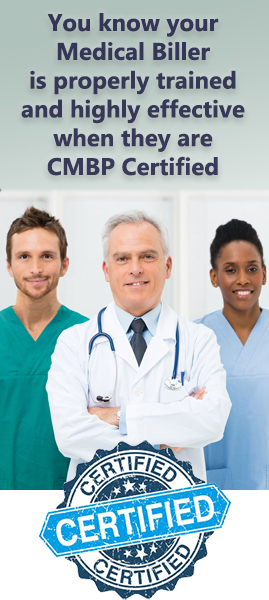Healthcare Jobs With Easy Entry Points
- 02/19/2024
- Posted by: Medical Billing Course
- Categories: Medical Billing, Medical Billing Jobs

If you have a passion for helping others, and a firm educational background, then you can build your career in the medical field. But, what if you have little work experience? Or, you are switching careers with limited medical education? What healthcare jobs have the lowest barrier to entry? Here is a quick guide:
1. Medical Billing
Hospitals handle both cash-paying patients and those patients that are on insurance. They need Medical Billers to handle the billing to the various insurance companies. As a Medical Biller, you want to capture the precise amounts spent on consultation, tests, ultrasound, drugs, inpatient charges, etc. Plus, you want to make sure that these bills reach the insurer in good time for payment. The P1 Medical Billing Course with CMBP & HIPAA Certification is a great way to get started in the field of Medical Billing, and you can complete the course online from home.
2. Health Services Administrator
If you have a business background, consider launching your medical career as a health services administrator. Here, you will be tasked with managing the hospital information systems, formulating policies and procedures, and overseeing the running of the hospital or clinic. Some IT knowledge gives you a head start in this position.
3. Athletic Trainer
Do you love sports and workouts? Are you keen on seeing others achieving fitness targets for better health? Then, opt to become an athletic trainer. This position entails identifying, managing, preventing, and rehabilitating patients with injuries due to a physical accident. You will guide the patient in the best way to recover from the injuries. Then, you must ensure that the patient adopts healthy lifestyle practices that include regular exercise, fitness, and clean eating. An athletic trainer must work hand in hand with other medical practitioners to offer a holistic approach in treatment.
4. Dental Hygienist
A dental hygienist specializes in oral preventive care. He works with a dentist to help the patient develop good oral practices. For example, he receives the patient’s treatment plan and tracks it until the patient gets well. Then, he educates the recovering patient on how best to clean his teeth and practice good eating habits. A dental hygienist must be a social person with excellent communication skills, and must show empathy and an interest in getting the best care for the patients.

